| Usage |
Usage
Hydroxychloroquine is available in tablet form for oral administration. The dosage and administration of this medication vary depending on the purpose of its use. Here are the recommended guidelines:
For Malaria Prevention in Adults:
• Typically, two tablets are taken once a week, always on the same day of the week.
• The initial dose should be taken 1 to 2 weeks before traveling to a malaria-prone region.
• Continue taking doses for 8 weeks after potential exposure.
For Acute Malaria Attacks in Adults:
• Four tablets are usually taken immediately.
• Followed by the administration of two tablets 6 to 8 hours later.
• Then, take two tablets daily for the next 2 days.
For Malaria Prevention or Treatment in Infants and Children:
• The dosage is determined according to the child's weight.
• Your doctor will determine the appropriate amount for your child.
For Lupus Erythematosus (SLE) in Adults:
• Typically, one or two tablets are taken once or twice daily.
For Rheumatoid Arthritis in Adults:
• Usually, one to three tablets are taken once a day.
• You can take hydroxychloroquine with a glass of milk or a meal to help reduce any potential nausea.
Follow your prescription label instructions diligently, and don't hesitate to ask your doctor or pharmacist for clarification on any aspect you find unclear. Take hydroxychloroquine exactly as prescribed, avoiding any deviations such as taking more or less than the recommended dose or altering the frequency of administration.
If you are using hydroxychloroquine to manage symptoms of rheumatoid arthritis, you should notice an improvement within 6 months. However, if your symptoms persist or worsen, discontinue the medication and promptly consult your doctor. It's crucial not to discontinue hydroxychloroquine without discussing it with your healthcare provider, as discontinuation may result in the return of rheumatoid arthritis symptoms.
|
| Side Effects |
Side effects
Hydroxychloroquine may result in side effects. If you encounter any of these symptoms and they are severe or do not resolve, it's essential to inform your doctor:
• Headache
• Dizziness
• Loss of appetite
• Nausea
• Diarrhea
• Stomach pain
• Vomiting
• Skin rash
However, if you experience any of the following symptoms, contact your doctor promptly:
• Difficulty reading or seeing (such as missing words, letters, or parts of objects)
• Light sensitivity
• Blurred distance vision
• Seeing light flashes or streaks
• Hearing Difficulties
• Ringing in the ears
• Muscle weakness
• Skin bleeding or bruising
• Hair bleaching or loss
• Mood or mental changes
• Irregular heartbeat
• Drowsiness
• Seizures
|
| Storage |
Storage
Ensure you store this medication in its original container, tightly closed, and out of the reach of children. Keep it at room temperature, away from excessive heat and moisture, avoiding storage in the bathroom. Proper disposal of unneeded medications is crucial to prevent accidental consumption by pets, children, or others. Do not flush this medication down the toilet; instead, consider participating in a medicine take-back program for safe disposal. You can consult your pharmacist or reach out to your local garbage or recycling department to inquire about take-back programs available in your community. Since many medication containers, such as weekly pill minders, eye drop bottles, creams, patches, and inhalers, may not be child-resistant and can be easily opened by young children, it's essential to store all medications out of sight and reach. To prevent accidental poisoning, always secure safety caps and promptly store the medication in a secure location that is both up and away from the reach and sight of young children.
|
| Special Precautions |
Special Precaution
Prior to initiating hydroxychloroquine treatment, it is essential to take the following precautions:
• Inform your healthcare provider and pharmacist if you have any known allergies to hydroxychloroquine, chloroquine (Aralen), primaquine, or any other medications.
• Disclose all prescription and over-the-counter drugs you are currently using, with particular attention to medications like acetaminophen (Tylenol, others), digoxin (Lanoxin), iron-containing supplements (including multivitamins), isoniazid (Nydrazid), methotrexate (Rheumatrex), niacin, rifampin (Rifadin, Rimactane), as well as any vitamins and herbal products.
• If you have a history of liver disease, psoriasis, porphyria or other blood disorders, G-6-PD deficiency, dermatitis (skin inflammations), or you consume substantial amounts of alcohol, ensure that your doctor is aware of these conditions.
• Notify your healthcare provider if you have experienced changes in vision while taking hydroxychloroquine, chloroquine (Aralen), or primaquine in the past.
• If you are pregnant, planning to become pregnant, or currently breastfeeding, discuss this with your healthcare provider. If you become pregnant while using hydroxychloroquine, promptly contact your doctor.
|





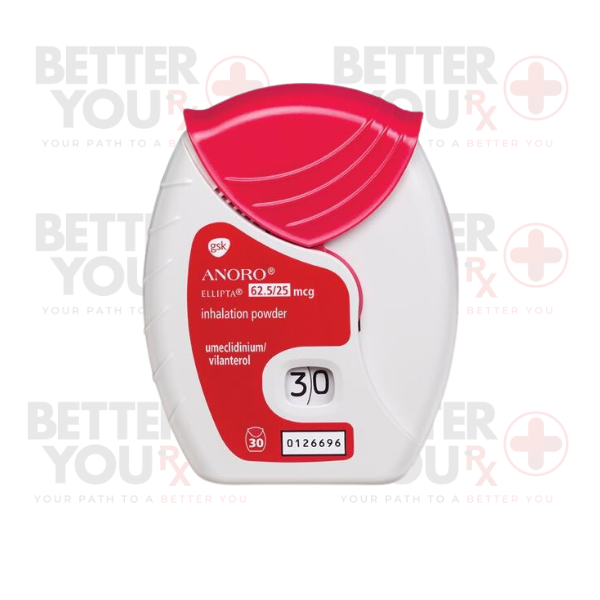
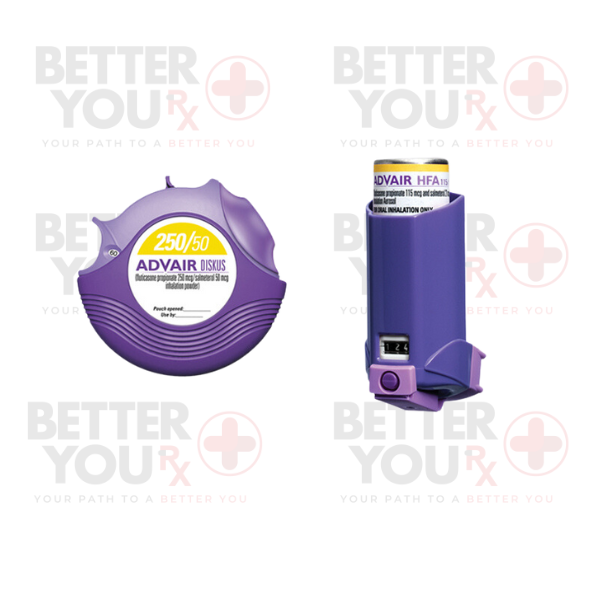
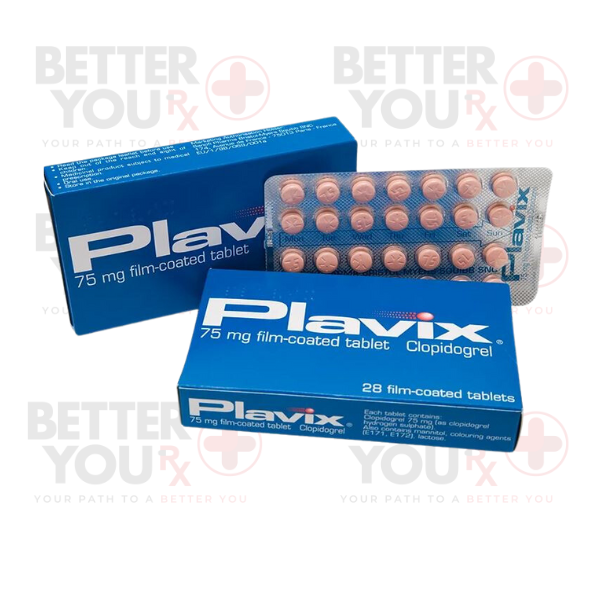
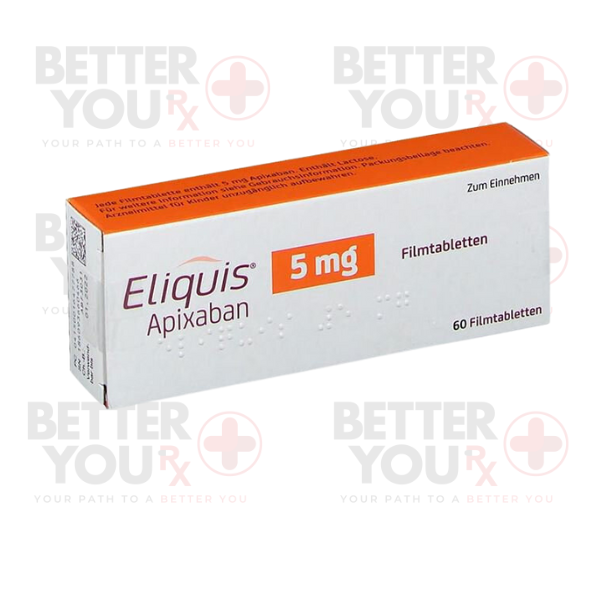
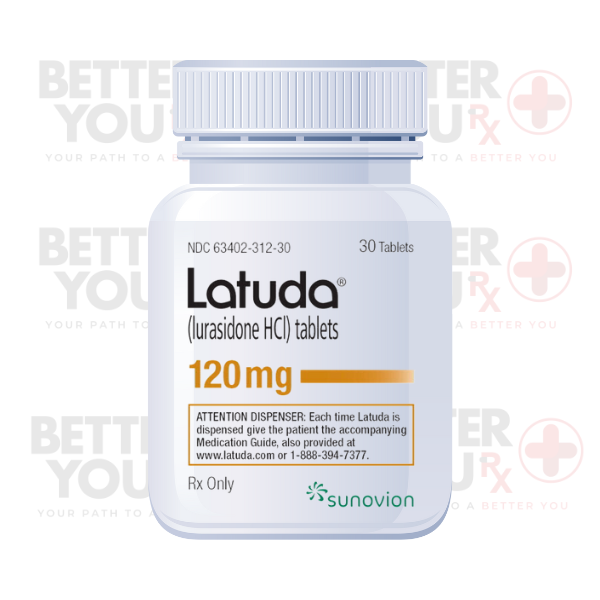
Reviews
There are no reviews yet.